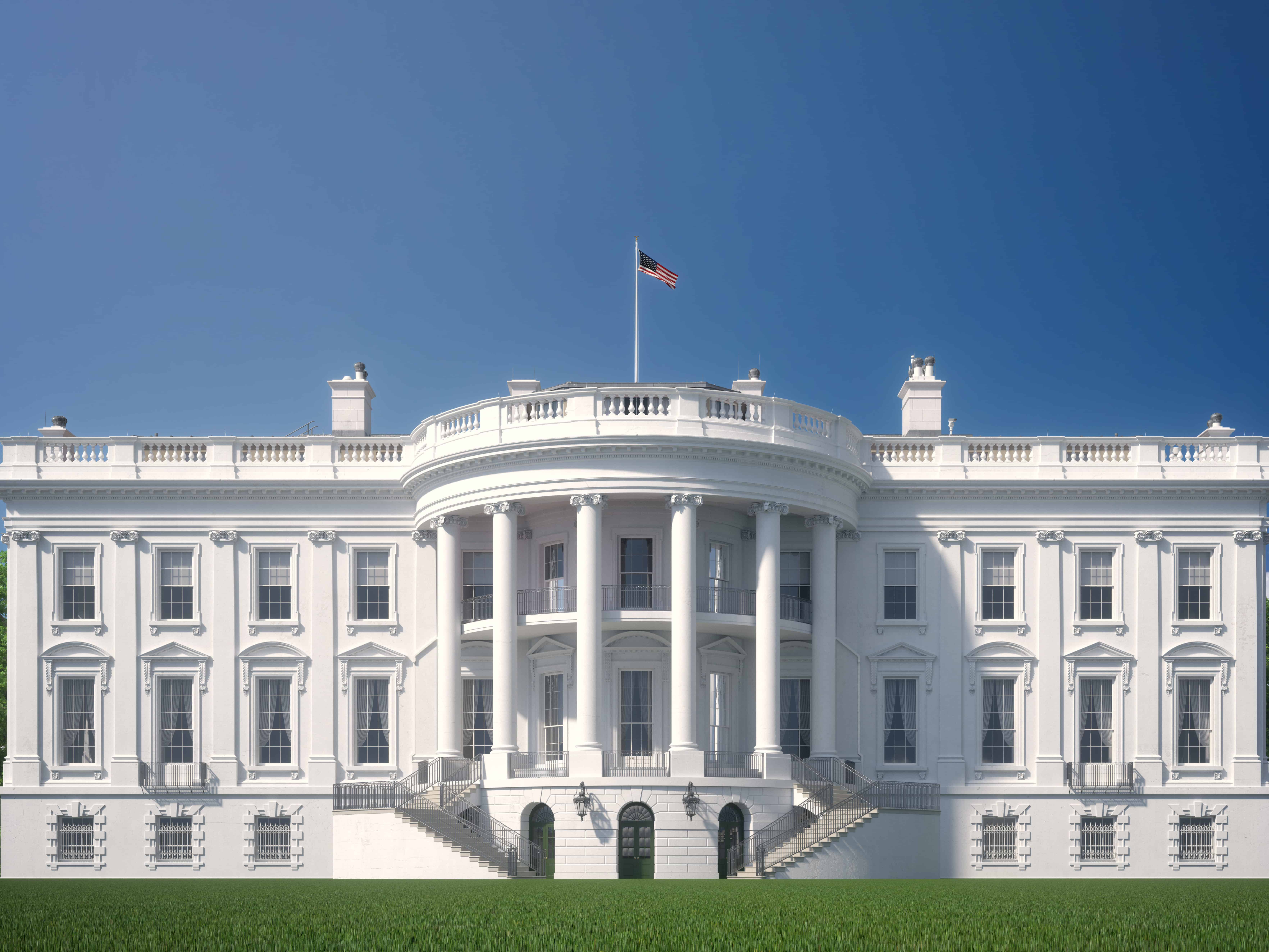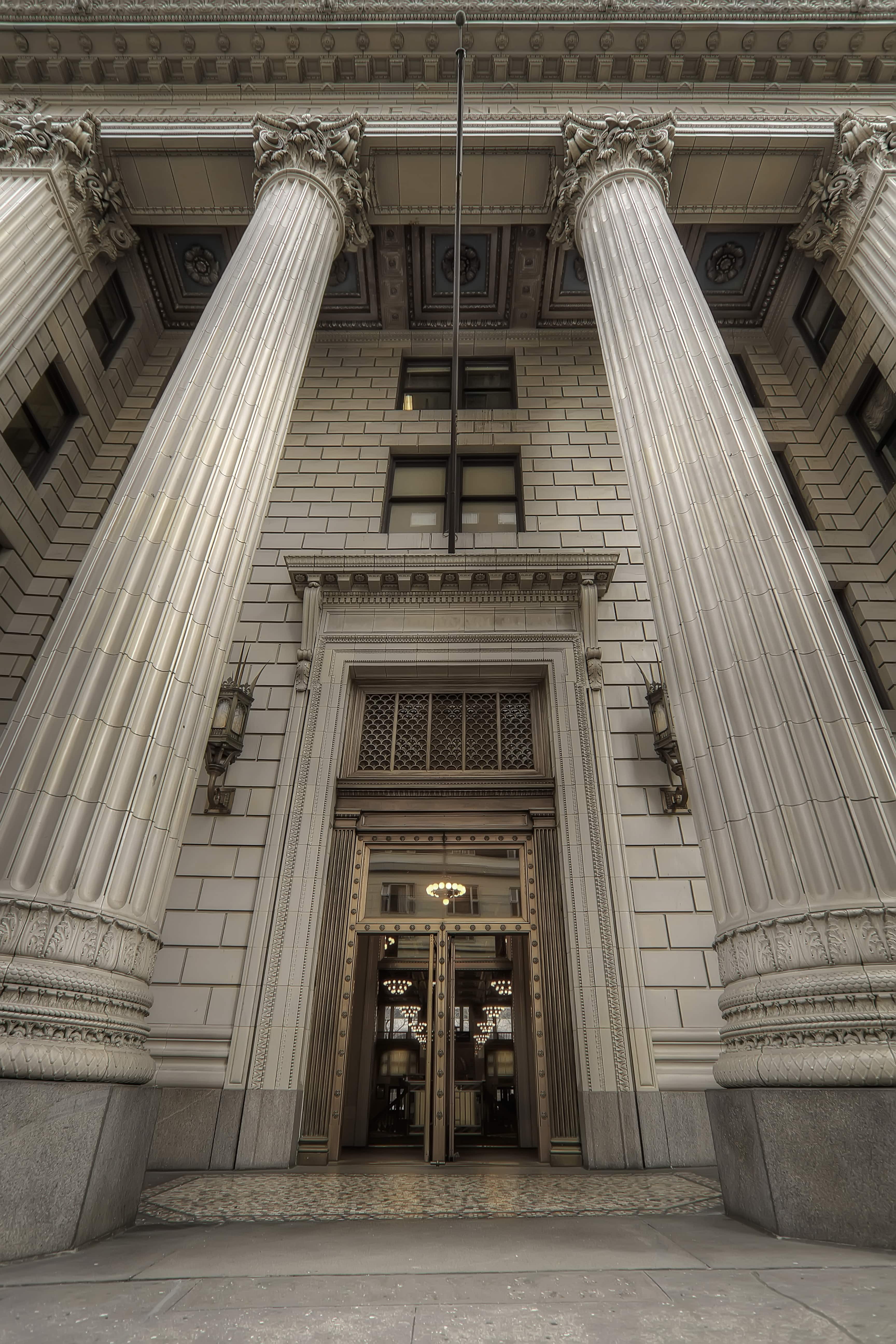President Biden published a rather extraordinary policy statement on June 3, vowing to make anti-corruption a top national security concern for his Administration.
Formally titled, “Memorandum on Establishing the Fight Against Corruption as a Core United States National Security Interest,” compliance professionals should pay attention to this pronouncement, and what it augurs for corporate compliance programs in both the short- and long-term.
The memo doesn’t include any specific regulatory or legislative proposals. Instead, it directs the national security adviser to work with numerous government agencies to review the federal government’s current anti-corruption efforts. Those agencies are then supposed to return to the president by the end of 2021 with any specific recommendations that might be necessary for the Administration to improve its anti-corruption capabilities — including proposals for new legislation.
All that said, the memo does list several subjects where the Biden Administration wants to pay especially close attention. Among them:
- Fighting illicit finance in the United States and abroad, including by robustly implementing a new federal law requiring U.S. companies to report their beneficial owner or owners to the Treasury Department;
- More accountability for corrupt individuals, transnational criminal organizations, and their facilitators; by finding, freezing, and recovering stolen assets;
- Bolstering the capacity of domestic and international institutions to establish global anti-corruption norms, asset recovery, financial transparency, and open government;
- Assist and strengthen the capacity of domestic (including state and local) authorities and institutions, as well as partner and other foreign governments, to implement transparency, oversight, and accountability measures.
Compliance professionals can look at this statement in several ways.
First, the arrival of the memo is welcome news unto itself, because it’s yet another piece of evidence that compliance officers can use when arguing the business case for a strong compliance program.
That is, if the federal government’s attention to anti-corruption is going to increase — and increase from more directions, as more regulators make anti-corruption a higher priority — then a company’s compliance program becomes more important to corporate success. Your organization’s ability to navigate that new environment will depend on having strong corporate compliance capabilities.
Second, the mere existence of this memo gives regulatory agencies a green light to pursue existing anti-corruption laws and regulations more forcefully.
That could translate into actions such as opening more investigations based on whistleblower tips or suspicious activity; or more aggressive pursuit of individual wrongdoers, with the expectation that your company will cooperate with those investigations. It could also translate into more willingness to impose monetary penalties against companies themselves. (At least one senior voice on the Securities and Exchange Commission, for example, has already proposed exactly that.)
This second point only reinforces our first: that strong corporate compliance programs will become more valuable to the whole enterprise — even before the anti-corruption memo results in specific policy changes.
Policy Changes for the Long-Term
Our third point is about those potential long-term policy changes. What might compliance officers see?
It’s worth noting that the anti-corruption memo cites illicit finance, holding criminal individuals and organizations accountable, and beneficial ownership disclosure right at the top. That suggests that “following the money” will be a high priority — which, in turn, would put an emphasis on anti-money laundering compliance, including know-your-customer due diligence. (An emphasis on money-laundering would also dovetail nicely with the Biden Administration’s related concern about the epidemic of ransomware, which is driven by the anonymity of bitcoin transactions.)
One could also imagine the Administration drawing a tougher line on domestic bribery and corruption. In the United States, corruption among domestic government officials is currently enforced by federal, state, and even local law enforcement, with overlapping (and sometimes conflicting) interests and no real consistency. The Administration might propose changes to domestic corruption law, or simply clarify the Justice Department’s policies for collaborating with other jurisdictions to enforce against domestic corruption.
At this point, our speculation would only get more speculative. Could the government recommend that the U.S. Sentencing Commission adopt tougher penalties for corporate corruption? Yes. Could it propose specific disclosure requirements for cryptocurrency transactions? Yes. Could it propose publishing its registry of shell company beneficial owners, so non-governmental organizations can publish new anti-corruption research? Yes.
Then again, maybe the government won’t do any of those things. Compliance professionals can only follow this policy review process with vigilance, as more specific ideas come into view.
What compliance officers can say — and say it today, with confidence — is that more compliance and enforcement risks will come to bear on business organizations. The best counter-measure against that environment will be an effective compliance program, that can meet the expectations of an effective program as spelled out by the Justice Department.
That was true yesterday, it’s true today, and it will be true tomorrow.
 Back to Insights
Back to Insights



